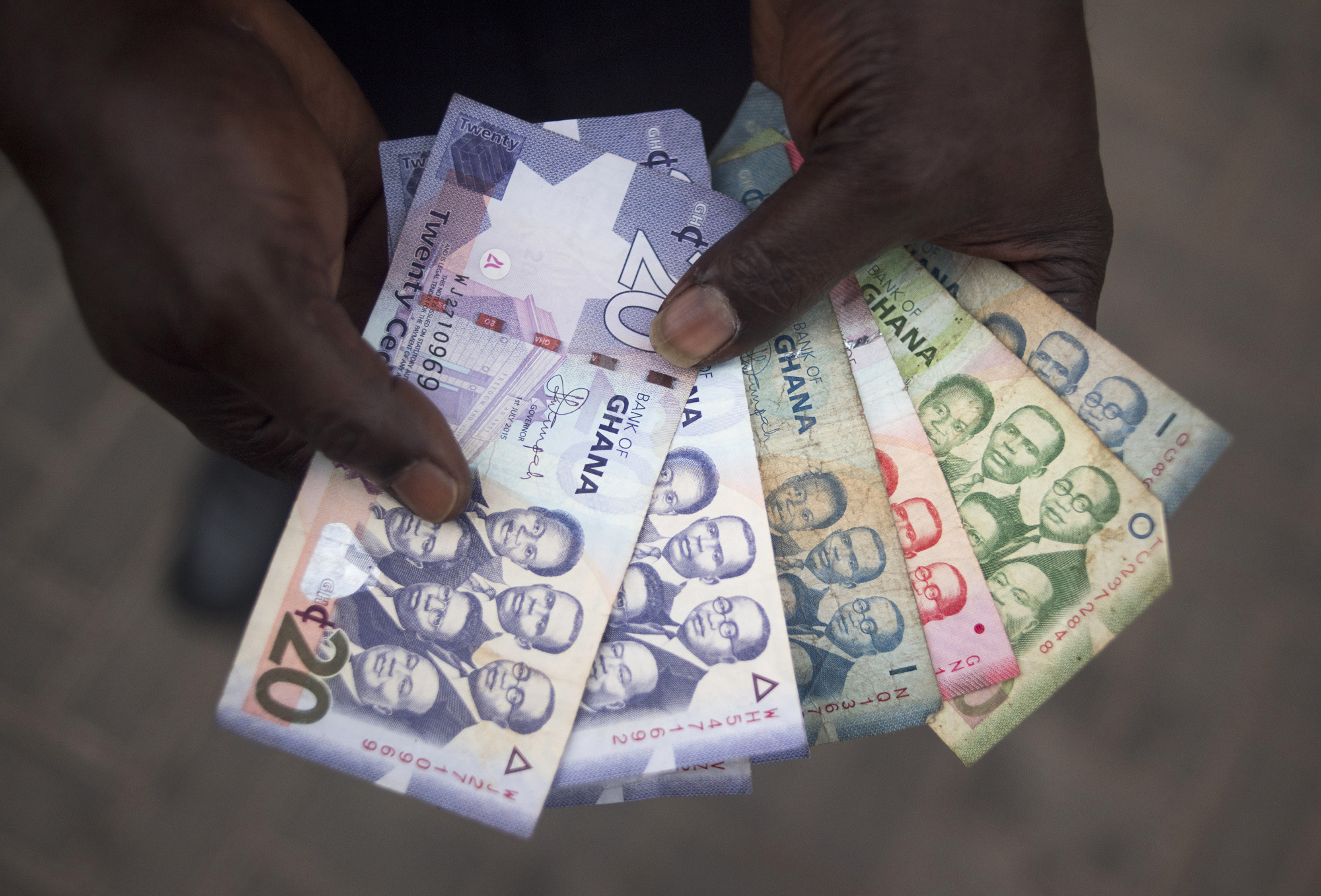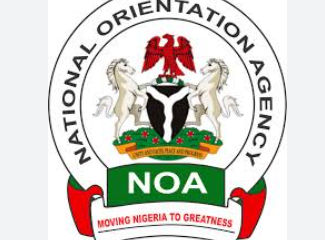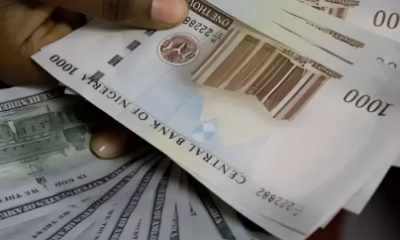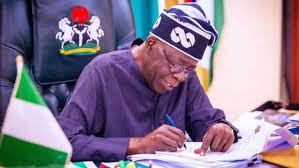The Nigerian Naira is the worst-performing African currency this year, falling more than 40 per cent against the dollar as the country takes tough steps to fix its financial situation by eliminating fuel subsidies and reforming the exchange system was widely criticized.
The naira is followed by the Angola Kwanza which has lost 39.5 per cent against the US dollar YTD, Egyptian Pound (20.6 per cent), Congolese Franc (18.9 per cent) Liberian Dollar (18.6 per cent), Kenya Shilling (15.7 per cent), Sierra Leone’s Leone (13.8 per cent), Ghana’s Cedi (11.9 per cent), Rwanda Franc (11.6 per cent) and the South African Rand (9.6 per cent).
In mid-August, the Naira was quoted as low as N955/$1, stoking fears among investors that the exchange rate might plummet to N1000/$1.
The Naira has been falling steadily since FG/CBN announced the Naira float. It lost nearly half its value against the US dollar within 10 weeks of its introduction.
READ ALSO: Naira exchange rate against Dollar falls at official window
To stabilize the naira and curb inflation, the CBN has introduced several measures, including raising the banks’ cash reserve ratio (CRR), opening market operations (OMO), and changing the exchange rate regime.
On August 17, the apex bank in a major policy shift, bowed to pressure from BDC operators as they unveiled a series of operational changes for the Bureau De Change segment in a bid to enhance the efficiency and transparency of the Nigerian Foreign Exchange Market.
Despite all these moves, the Naira has continued to weaken against the Dollar.
The Naira weakened significantly against the US dollar on the official market on Wednesday, market rates published on the FMDQ website showed.
The official market, the naira opened at N769.66 to $1 and closed at N775.34 to $1 on Tuesday. The rate represents a 0.42 per cent drop from 772.12 naira to the dollar, which traded in the previous session on Monday.
A robust demand for the dollar in Africa’s largest economy on Tuesday kept the naira on a decline as it exchanged for 920–925 naira to $1 in the black market. Dealers acquire from willing sellers at N/$915 and sell to willing sellers at N/$920-925.
The index experienced its worst day in a month and a half on Tuesday after currency traders reduced their bets on future rate increases in the United States due to a decline in JOLTS job postings to a 2-1/2 year low.
In June, the Central Bank of Nigeria (CBN) authorized banks to sell foreign exchange freely at market-determined rates, aligning with President Bola Tinubu’s commitment to a single exchange rate regime.
This move aims to attract investment and address concerns raised by multilateral lending organizations about the negative impact of multiple currency rates on the economy.

 Health5 days ago
Health5 days ago
 Entertainment7 days ago
Entertainment7 days ago
 Crime6 days ago
Crime6 days ago
 Education1 week ago
Education1 week ago
 Health1 week ago
Health1 week ago
 Comments and Issues6 days ago
Comments and Issues6 days ago
 Football7 days ago
Football7 days ago
 Latest6 days ago
Latest6 days ago













